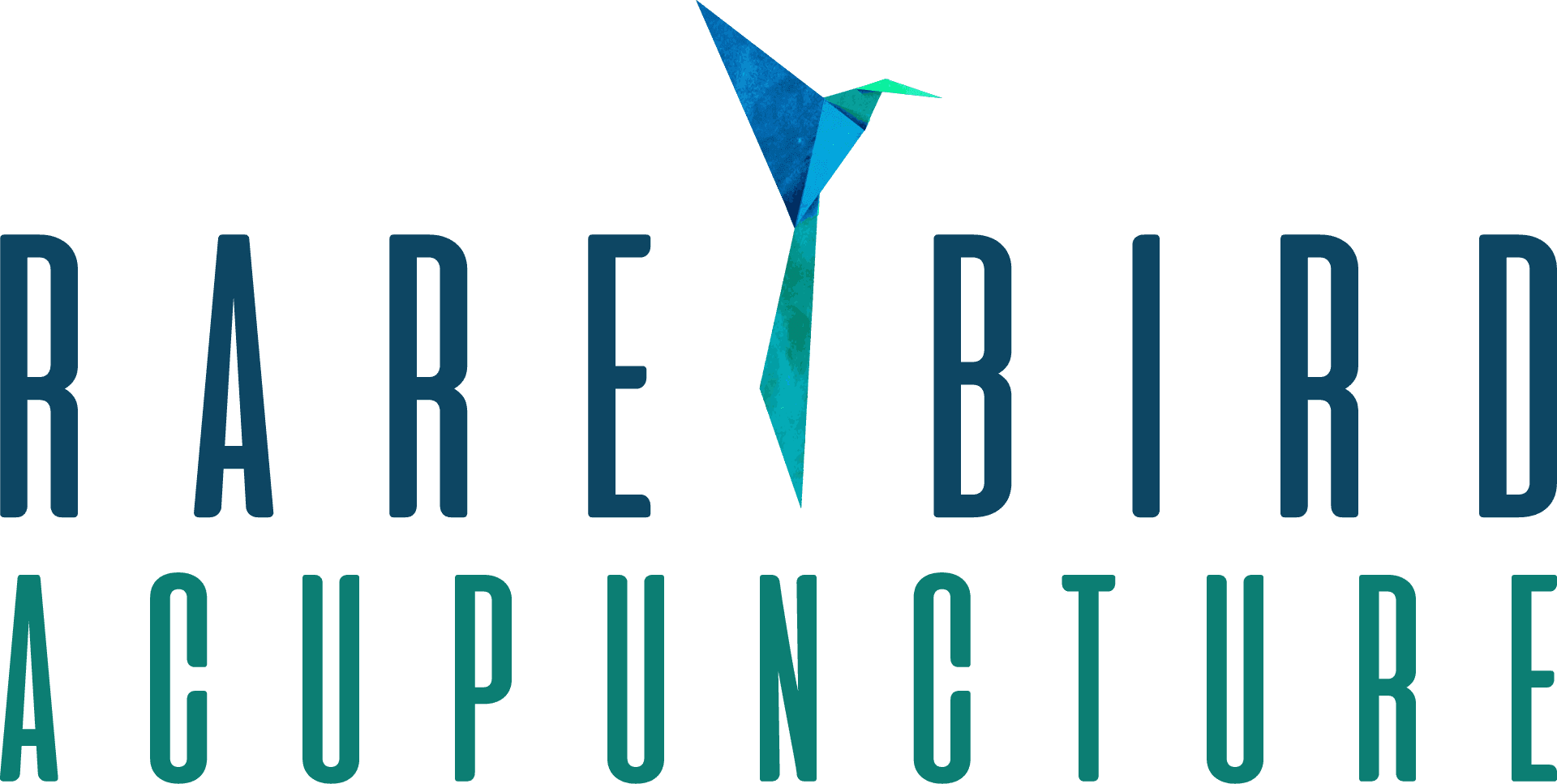
“Let thy food be thy medicine, and thy medicine be thy food.”
— Hippocrates
Nutrition is the foundation of good health. Anything that lives is dependent on energy, which results from the combustion of food. Eating a balanced diet is vital for good health and well-being. Food provides our bodies with the energy, protein, essential fats, vitamins, and minerals to live, grow, and function properly. We need a wide variety of different foods to provide the right amounts of nutrients for good health.
The enjoyment of a healthy diet can also be one of the great cultural pleasures of life. Nutrition and digestion are the building blocks of our root system, and our health is reflected outward like the canopy of a treetop.
Nutritional science studies how the body breaks food down (catabolism) and repairs and creates cells and tissue (anabolism) — catabolism and anabolism = metabolism.
Eating healthy food is sometimes not enough to provide our bodies with the proper nutrients if our digestion is weak or stagnated. How we digest and assimilate the foods we eat is as important as the foods themselves; they are both major factors when it comes to our health.
In traditional Chinese medicine (TCM), we address the nutritional needs of each patient and work to implement dietary changes into our treatments if and when it is necessary. Balance in meals is always considered, as well as timing. Some changes are useful as actual forms of medicinal therapy. Some diseases, conditions, and problems can be prevented or lessened with a healthy diet.
In addition, nutrition involves identifying how certain diseases, conditions, or problems may be caused by dietary factors. Nutritional therapy can also be utilized when recovering from an illness or while undergoing drug therapy.
A metaphor for the stomach and digestion is likened to a wood-burning stove. In the morning, when you wake up, the stove has only small embers left. If you put a big log on top of them, the embers would go out, and you would be left with a cold and smoky pile. Stoking the fire with small, essential pieces of wood will build the flame up steadily until it is strong enough to burn a big log and create the energy and fuel needed to “keep the home fires burning.” So, what does this mean exactly?
Breakfast should be easy to digest and assimilate, and it should provide the building blocks to start up your digestive fire and prepare you for your biggest meal of the day, lunch. Eating a big meal in the middle of the day gives your system the energy it needs to fuel the activities of your day and meet your system’s needs. When you eat a bigger meal in the middle of the day, it is digested more easily, so it doesn’t make you feel weighted down and tired.
Ending your day with a light dinner at least 3 hours before bedtime is ideal for your body to adjust to its next phase of rest and detoxification, which it does at night during your sleeping hours. Going to sleep with a full stomach confuses the liver; when it is supposed to be detoxifying your blood, it is instead being asked to digest your meal. This is a common reason why people who eat late at night wake up between 1 a.m. and 3 a.m., what we call in TCM “liver time.”
Nutrition extends far beyond the mechanism of metabolism and can affect more than just your digestion. How it affects everyone will be different based on their overall constitution, environment, and medications, just to name a few. The good news is that sometimes it only takes a few changes in diet to see big changes in your health.
